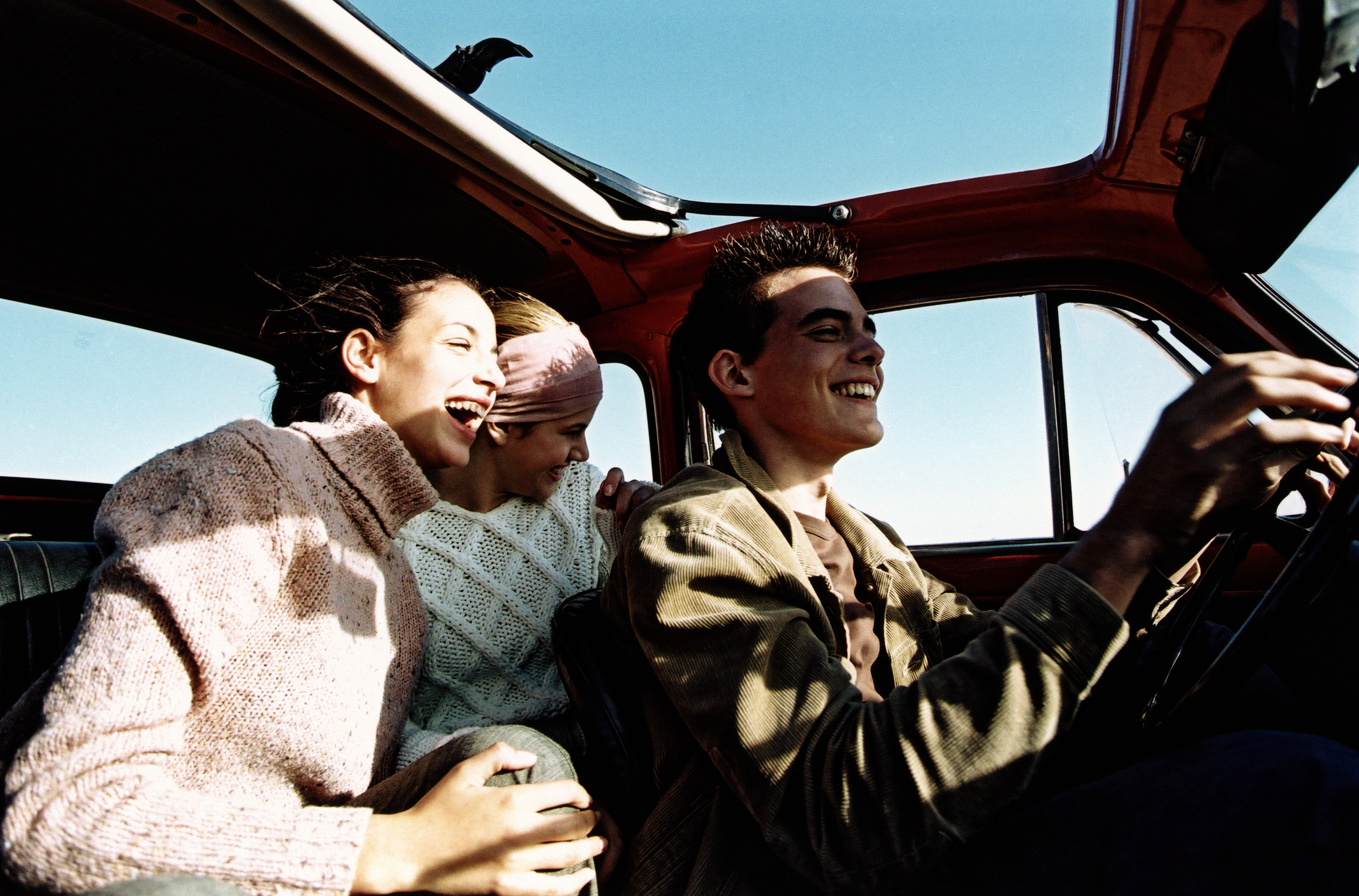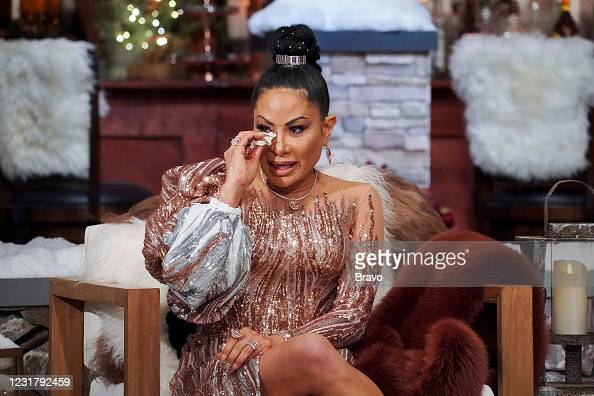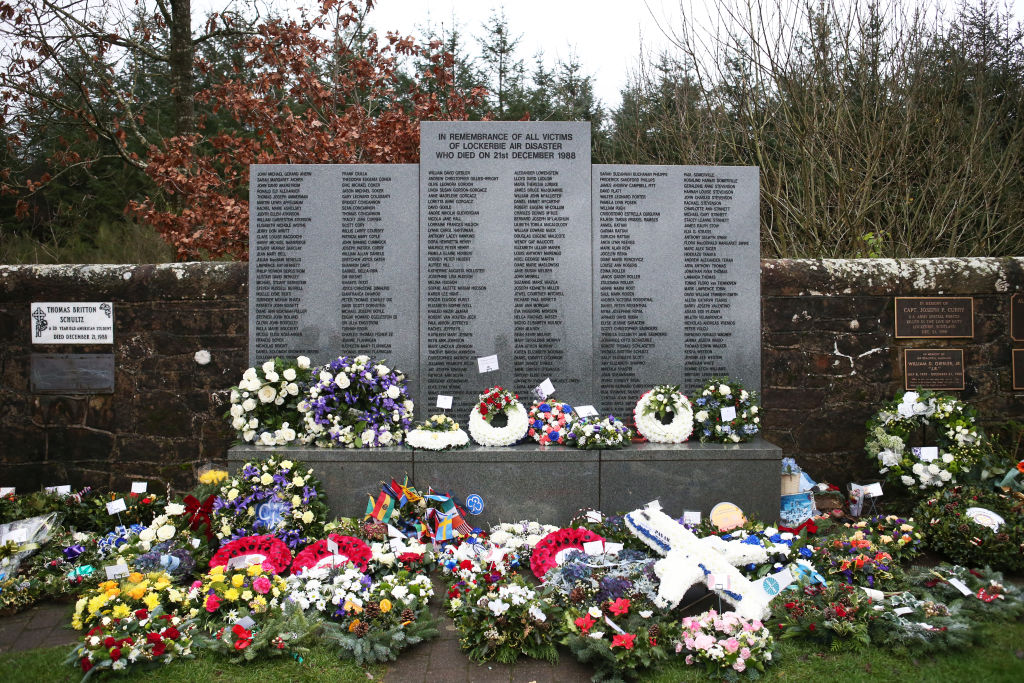What Teen Drivers Should Know About Auto Accidents
It felt like forever, but you’re finally a licensed driver. Freedom is yours. Oh, and you can officially go on dates without asking your parents to drive.
With all the excitement, getting into a car accident is probably the last thing on your mind. But in case you haven’t noticed, a lot of teens aren’t necessarily the best drivers. Whether it’s a minor car accident, like a little fender bender, or a car crash that leads to serious injuries, being prepared can help you protect your legal rights and avoid accident-related issues later. Buckle up because here’s what you need to know about vehicle accidents.
Preparation Is Everything
Accidents happen when you least expect them, even to the most careful drivers. You’ll benefit later by getting all your required driving documents together in an easily accessible place within your ride. This includes proof of insurance, including the insurance company name and insurance policy number, and motor vehicle registration documents. And make sure you always have your driver’s license on hand when you’re on the road. In most states, digital insurance cards are usually an acceptable form of proof of insurance, and you can download an electronic copy of your insurance card right to your phone.
You may want to consider storing emergency contact information somewhere easy to find, like inside your glove box. This can also be a good place to keep medical information, especially if you suffer from any health conditions or have any allergies. Other stuff you can keep in your car that may not be required but may come in handy include:
- First aid kit
- Flashlight
- Jumper cables
- Blanket and warm clothes
- Phone charger
After An Accident
If you find yourself on the other side of an auto accident, there are certain things you should do.
Check Yourself Before You Wreck Yourself
If possible, you should check your surroundings to assess the safety of your situation immediately following an accident. You should also look over yourself and any passengers for injuries. If the accident isn’t too serious and you’re able to drive your car, you should move your vehicle out of oncoming traffic and into a safe location.
Exchange Information Without Saying Too Much
You and any other drivers involved in the accident should exchange contact information. This includes names, phone numbers, and emails. You do not have to provide your address. You should also exchange auto insurance company names and policy numbers. If there are witnesses or any passengers involved, get their contact information as well.
This may sound like a jerk move, but one thing you should not do after an accident is apologize. Even if you are just trying to be polite, your apology could later be used against you as an admission of fault or contributory negligence. So, sorry not sorry, keep your mouth shut!
Report the Automobile Accident and Document Everything
You should report the accident by contacting local law enforcement. Once police officers arrive to the scene of the accident, get their names and contact information as well. This can make it easier and faster to get a copy of the police report for the accident.
Take photos of any damage to your vehicle, other vehicles involved, any other property damage caused by the accident, and of the overall scene where the accident took place. These photos may be used in addition to whatever the insurance adjuster documents later. And make sure you get the make, model, color, and license plate number of any cars involved.
You should report the accident to your auto insurance company, even if you’re afraid of higher insurance rates, being dropped, or just ticking off your parents. This doesn’t mean you have to make an insurance claim, but not letting your insurance know about a collision could cause you (and your parents) legal issues later.
Think about asking for immediate medical assistance. Some injuries, especially whiplash, may not make themselves known until later. Requesting medical care immediately following the accident can help counter later arguments regarding the seriousness of any injuries you sustain. Document your medical care in case you need evidence of your injuries or other types of pain and suffering caused by the accident. If you require medical treatment as a result of the accident, you should check with your insurance company to find out if your insurance will cover medical bills, even for minor injuries.
Vehicle Accidents and the Law
Generally, auto accidents are covered by your state’s negligence laws. Whether it’s a minor collision or a hit and run, you usually have to show four elements to receive compensation in an accident case:
- That the driver had a duty of care of not act recklessly or negligently
- That the driver breached that duty
- Their actions caused the accident
- You were harmed as a result of the accident
If you think you may need a car accident lawyer for a case evaluation, you can use our lawyer directory to find a car accident attorney or personal injury lawyer near you.
Happy Driving!
Related Resources
You Don’t Have To Solve This on Your Own – Get a Lawyer’s Help
Meeting with a lawyer can help you understand your options and how to best protect your rights. Visit our attorney directory to find a lawyer near you who can help.






